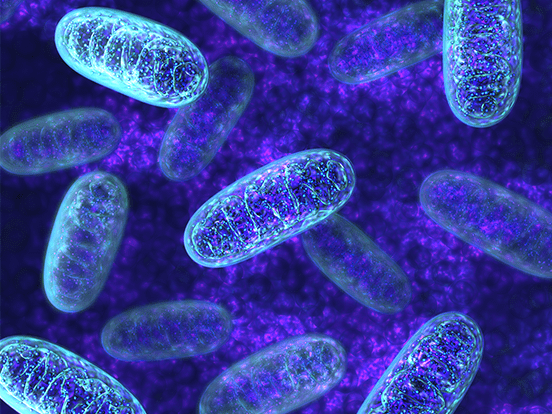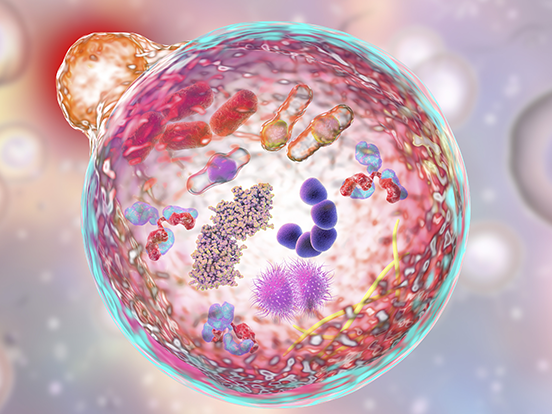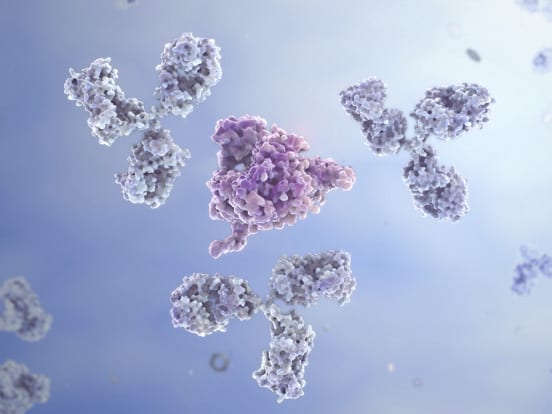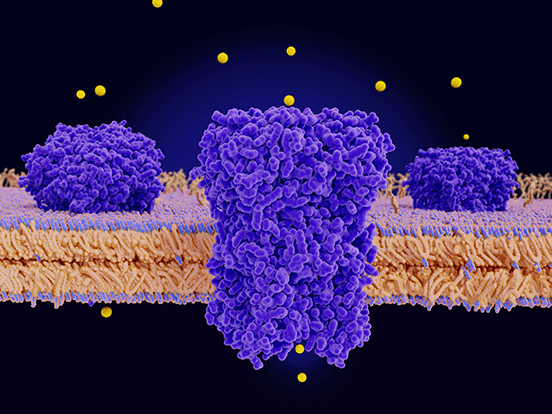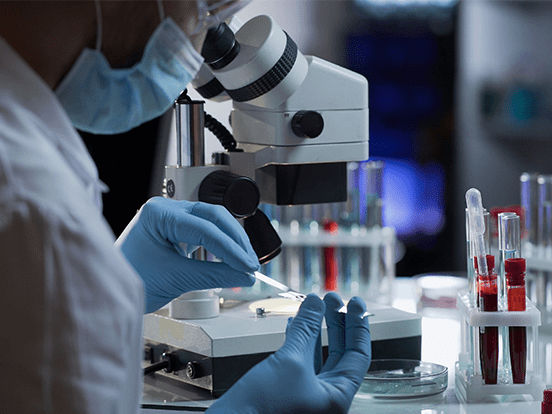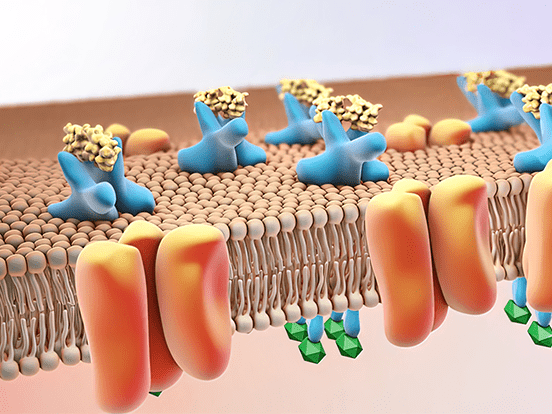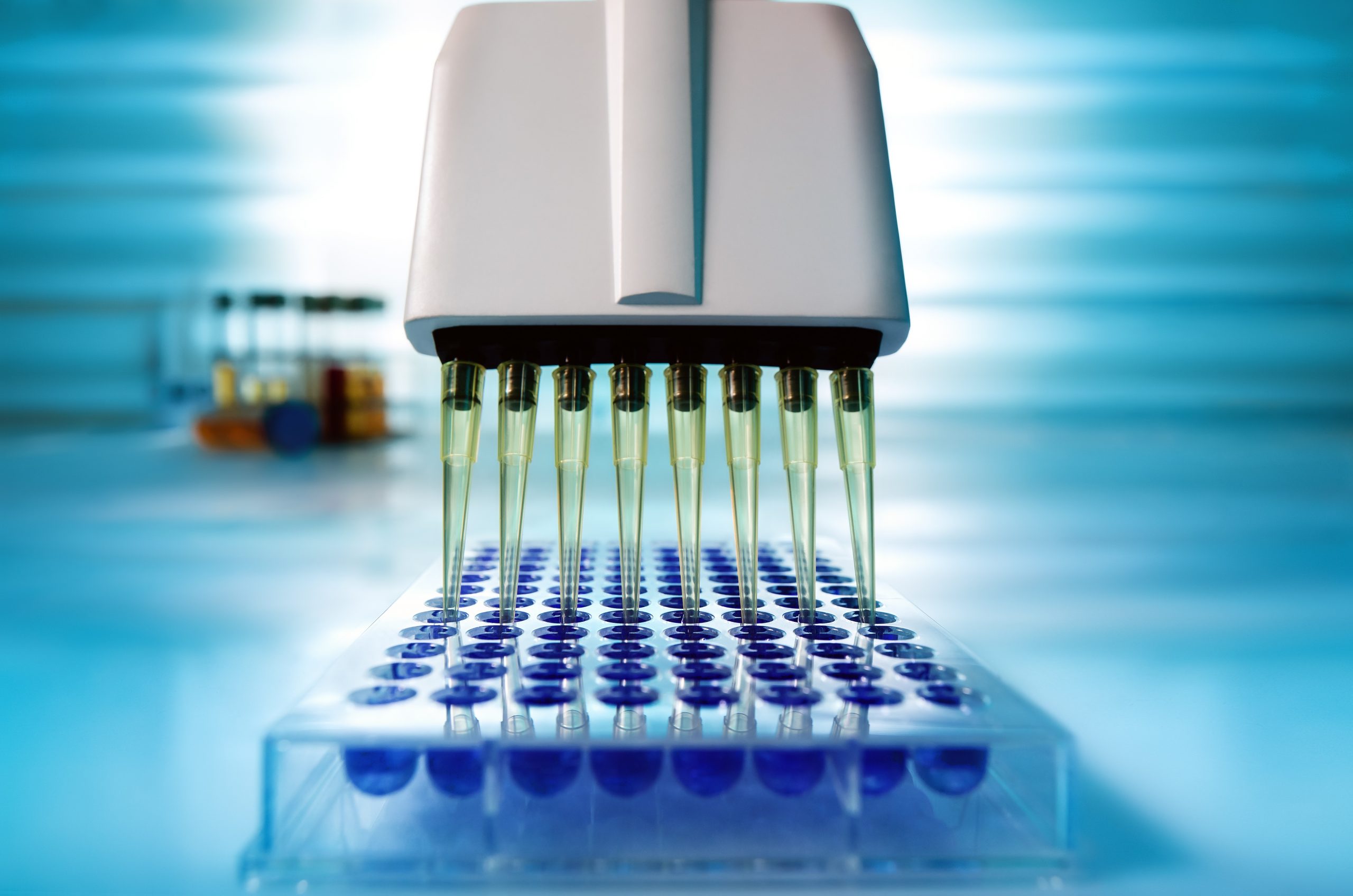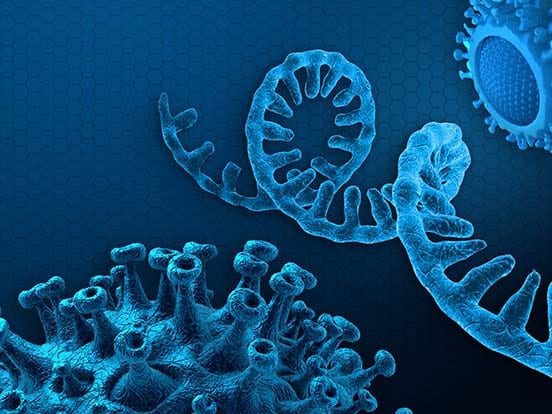
Protein metabolism
Amino acid synthesis is the set of biochemical processes (metabolic pathways) by which the amino acids are produced. They are considered as the building blocks for the synthesis of proteins.
Protein metabolism includes all various biochemical processes responsible for:
- The synthesis of proteins [transcription, translation, and post translational modifications] and amino acids (anabolism),
- the degradation of proteins (catabolism) into absorbable monomers for further degradation or reassembly.
Health conditions related to protein metabolism are generally caused by the amount of dietary protein consumed. Examples of protein metabolism disorders include: Phenylketonuria (PKU), Maple Syrup Urine Disease (MSUD), Tyrosinemia and Homocystinuria.
AMSBIO is offering an extensive range of products involved in this metabolic pathway:


Nucleotide Metabolism
Nucleic acids are polynucleotides serving serve as the main energy donors for cellular processes.
Nucleic acid metabolism consists of synthesis and degradation of nucleic acids:
- Ribonucleic acid (RNA) : it is a linear nucleotide chain containing the guanine (G), uracil (U), adenine (A), cytosine (C) bases. RNA is synthesized from DNA by an enzyme known as RNA polymerase during a process called transcription. There are three distinct phases of RNA metabolism : transcription, translation and degradation.
- Deoxyribonucleic acid (DNA): it is a complementary double chain, nucleotide chain with specific base pairing (adenine and thymine, guanine and cytosine). There three main processes (Replication, repair, and recombination) of DNAmetabolism carried out by specialized machinery within the cell.

Disorders that involve abnormalities of nucleotide metabolism range from relatively common diseases. These include hyperuricemia, acute renal failure, renal stones, gout, unexplained neurologic deficits etc. Hyperuricemia and gout, are due to an increased production or impaired excretion of a metabolic end product of purine metabolism (uric acid).
AMSBIO is offering an extensive range of products involved in this metabolic pathway:
